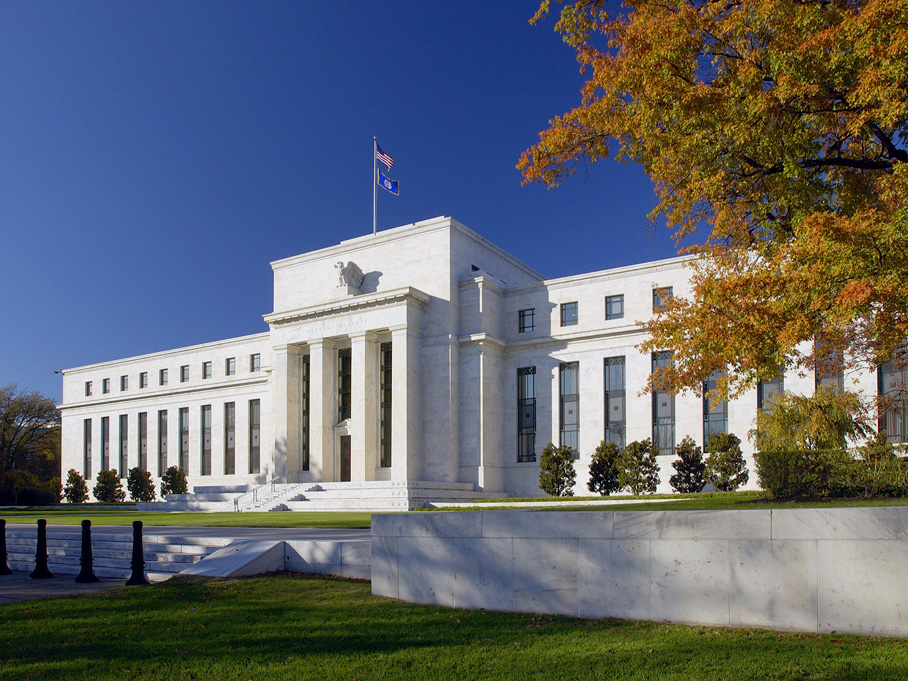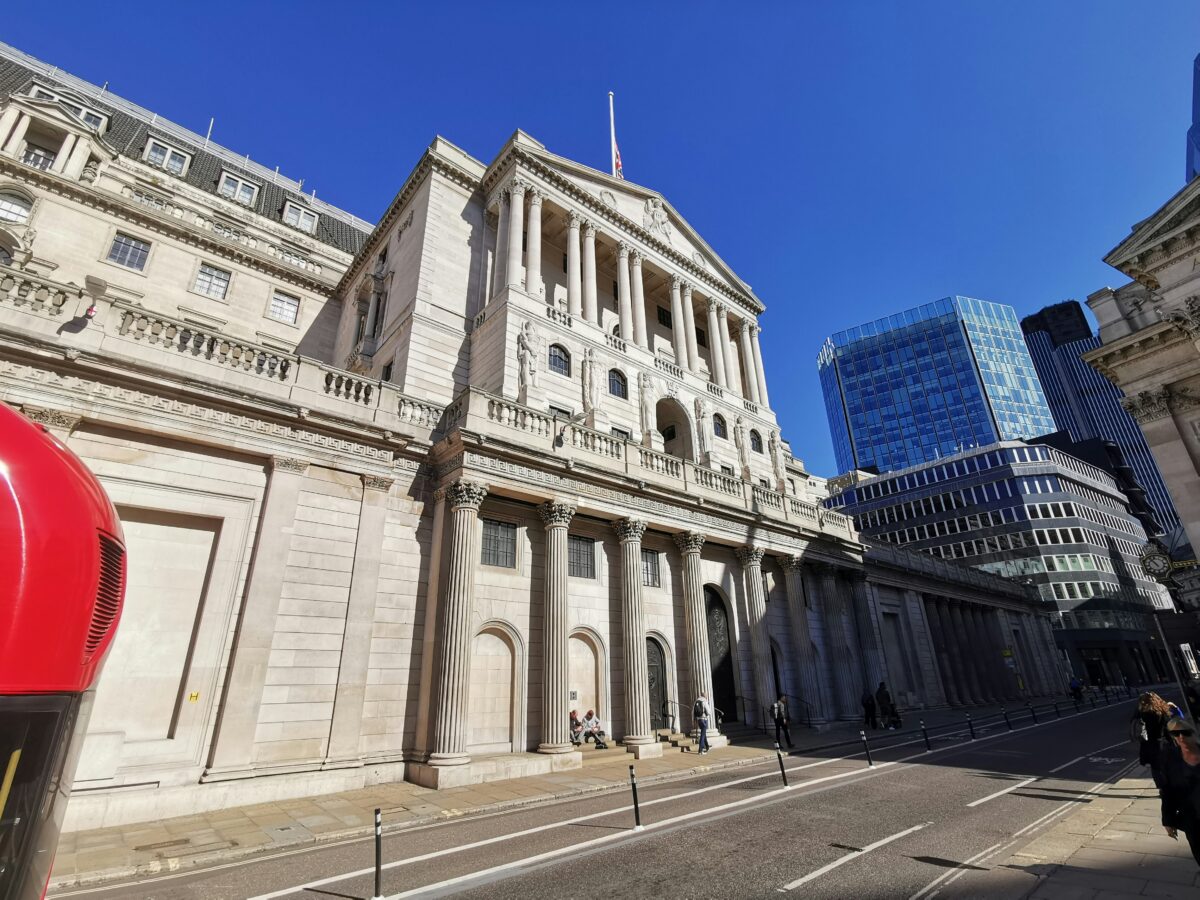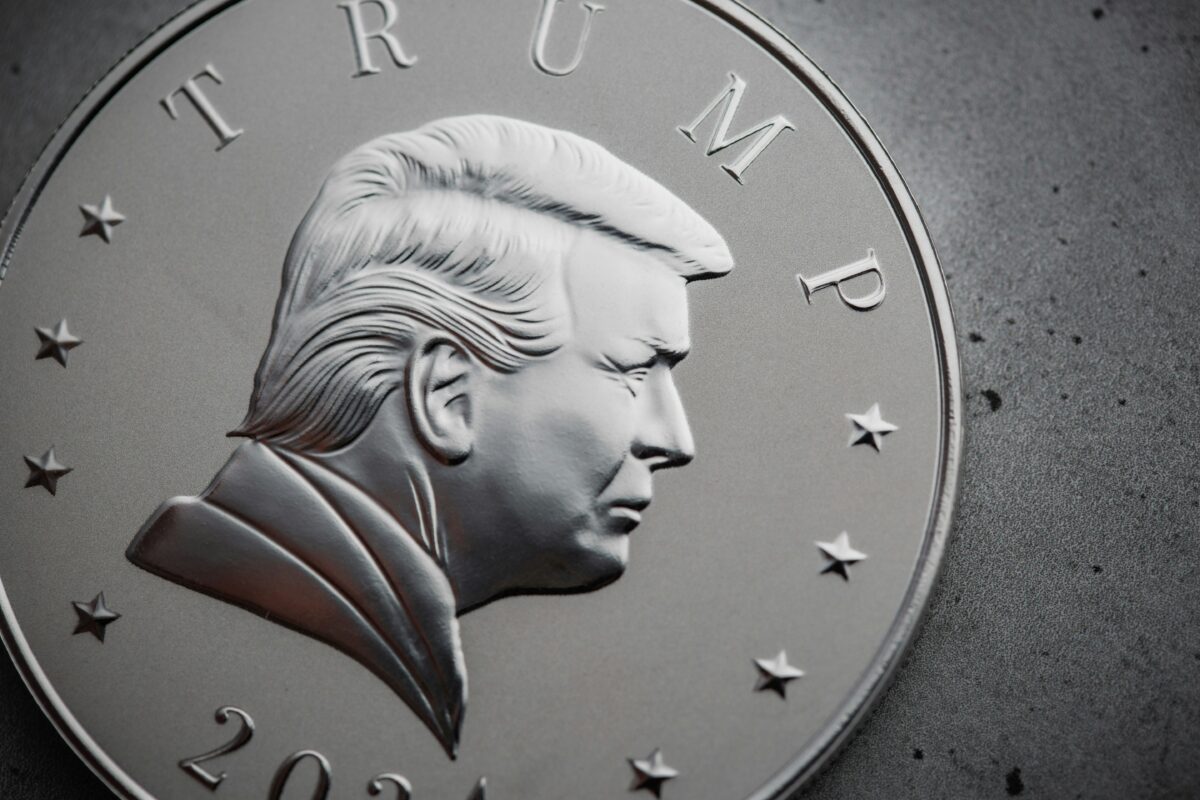Chris Elliott, co-manager of the Evenlode Global Equity Fund
The macroeconomic outlook is painted bleak, with financial commentators predicting a recession in Europe. However, there remain opportunities in resilient sectors such as luxury goods. Consumers of luxury products have high disposable incomes and are less sensitive to economic shocks.
Within Evenlode Global Equity, we hold positions in the French luxury goods designers Louis Vuitton Moet Hennessy (LVMH) and Hermès. Both demonstrated their resilience during the global financial crisis, with LVMH revenues declining by less than 1% in 2009 and Hermès growing throughout the crisis. A recent Redburn survey of luxury customers supports continued consumer spending, with only 9% of luxury consumers intending to shop less in 2023. Over the past year, these luxury businesses demonstrated their brand strength and pricing power, with double-digit price increases passing input cost inflation through to consumers.
With commodity and shipping prices already declining, margins and profitability should now improve. Both LVMH and Hermès are also committed to further investment in both marketing and production facilities to support long-term volume growth. We believe this investment will enable both companies to take share from less-profitable rivals that have been forced to cut advertising spend.
James Penny, chief investment officer at TAM Asset Management
We have spent considerable time evaluating areas of the market that have been heavily sold and are now priced well below their fair value. Some of these are the likes of emerging market equities, including China, which have suffered this year at the hands of the country’s zero-Covid policy.
We also see potential for UK small and mid-cap stocks to shine, as prices for quality companies are at generational lows. As a result of the terrible war in Ukraine, we see huge potential in European value stocks which are – like UK mid-caps – currently priced at generational lows in some areas.
ESG sectors are especially setting themselves up for a strong rally, particularly in areas linked to sovereign energy independence and green energy independence. There is nothing like having your nation’s fuel held to ransom by Russia to make you realise things must change. This positivity should manifest itself in the green energy transition and green energy infrastructure sectors.
Olivier Maurice, head of private markets at Syz Capital
Tech is not dead and is increasingly attractive now valuations in the sector seem to have reset. While historically cautious on venture, we take a more constructive stance, as when the tide goes out, we can see who was ‘swimming naked’. Historically, some of the best companies have been created in or emerged out of a recession.
We like and continue to invest in uncorrelated assets such as those whose value derives from legal decisions, such as litigation financing or law firm lending. Not only are they great diversifiers, but they provide very attractive risk adjusted returns on a standalone basis and are completely decorrelated from the markets.
We encourage investors to take a long-term view and allocate part of their capital to quality, well managed private companies with strong and profitable business models. History tells us recession years are generally good vintages, but being selective and diligent is key. Do not underestimate the power of compounding, avoid permanent loss of capital, and allocate with discipline and consistency.
Wenli Zheng, portfolio manager of the T. Rowe Price China Evolution Equity strategy
For investors considering where to allocate capital, China has low levels of inflation, which is in stark contrast to all other major economies. While the Western world digests rising rates and quantitative tightening, China is implementing accommodative monetary and fiscal policies to underpin economic growth.
From a valuation perspective, the Chinese equity market has never been cheaper – with the risks arguably more than priced in. We are focusing on companies operating in structurally growing, relatively nascent sectors, such as online recruitment, or companies able to enjoy market share gains by consolidation, such as hotel chains. We also like businesses with idiosyncratic drivers that are relatively immune from the economic environment, such as electric vehicles and the wider EV supply chain.
The last decade was characterised by growth companies outperforming, as the mega caps drove markets higher. Market leadership was narrow. Today, there is something akin to a paradigm shift taking place. We feel many of the well-known, and well-owned internet names that dominate the main indices and investor portfolios are maturing. Market leadership should become a lot broader. China has an incredibly wide opportunity set, so 2023 is a time to be nimble and look beyond the big names.







